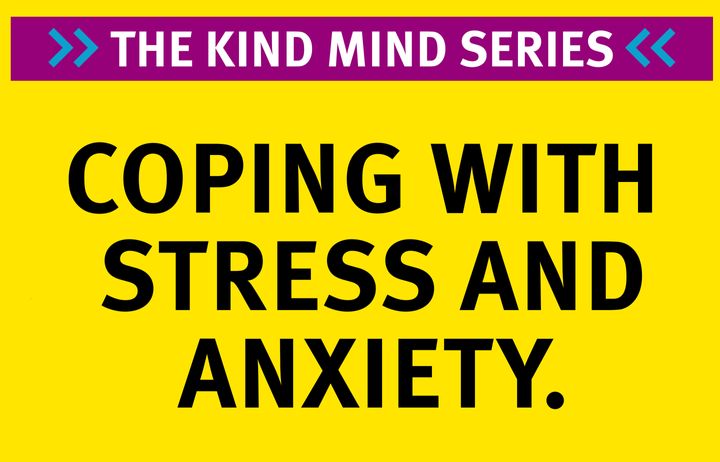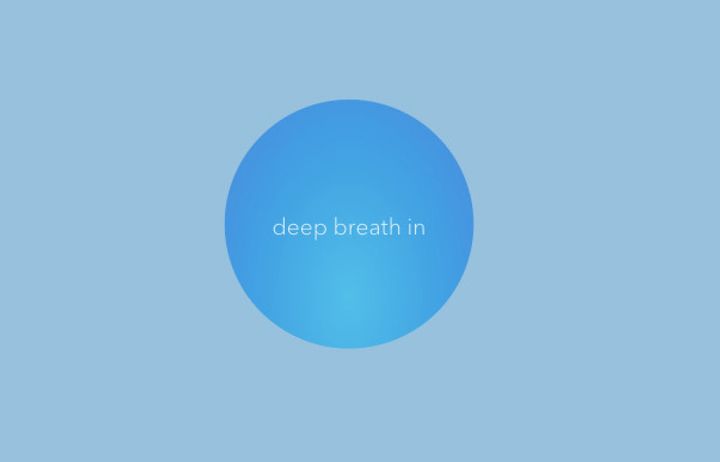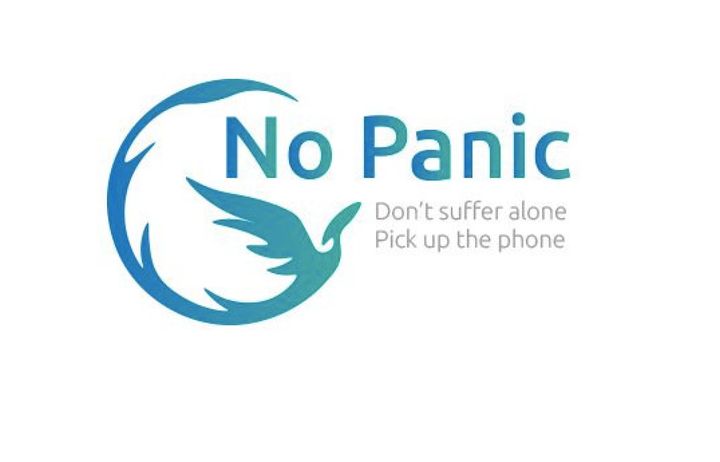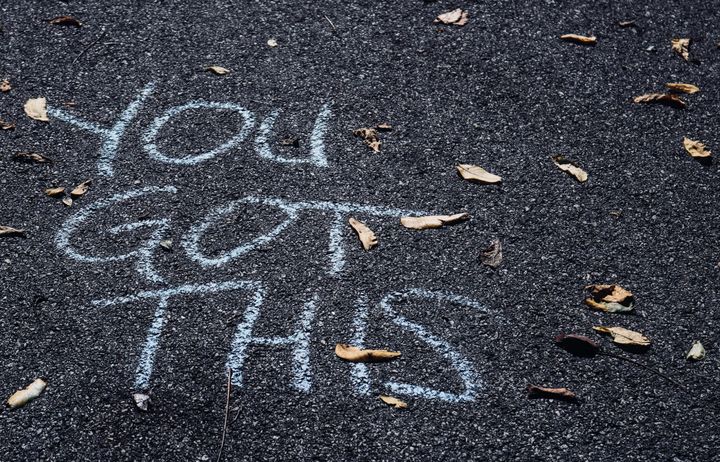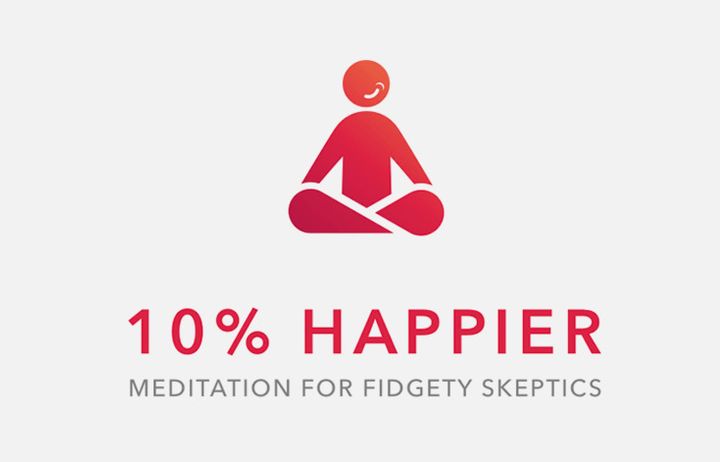Sign up for our next 4-week course on Mindfulness Based Stress Reduction where you’ll learn how to recognise your thoughts and feelings and regulate your nervous system in order to decrease symptoms of stress and anxiety.
You can also take a look at our self help guide for anxiety.
There is a fine line between stress and anxiety, but both are things we all experience at times in our life. Both are emotional responses, but stress is typically caused by an external trigger. There are both mental and physical symptoms of stress, such as fatigue, irritability, anger, digestive issues, and difficulty sleeping. Anxiety is different in that it is defined by persistent, excessive worries that don’t go away even in the absence of a stressor. However, anxiety leads to a nearly identical set of symptoms as stress. As a result, both anxiety and stress respond well to similar coping strategies. Physical exercise, a healthy diet, and good sleep habits are a good foundation, but there are many other coping strategies that we’ve linked below that can really help too.

